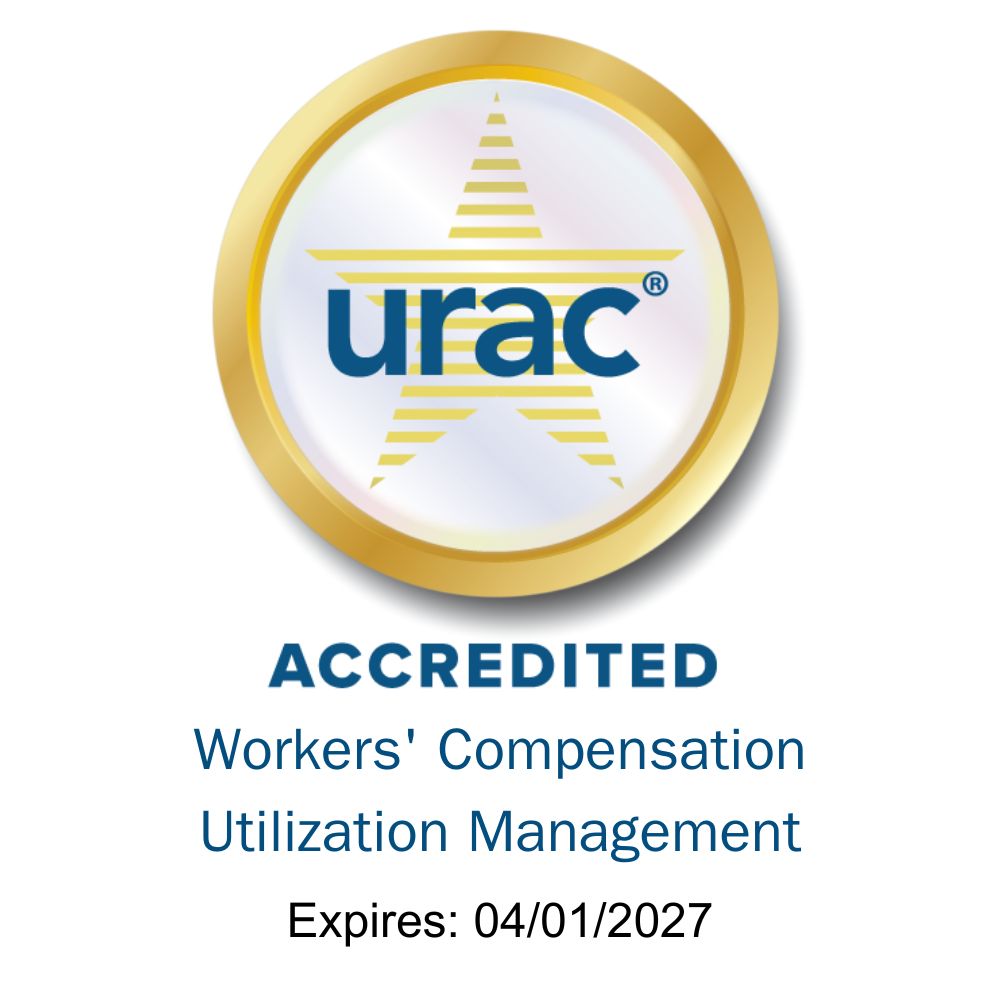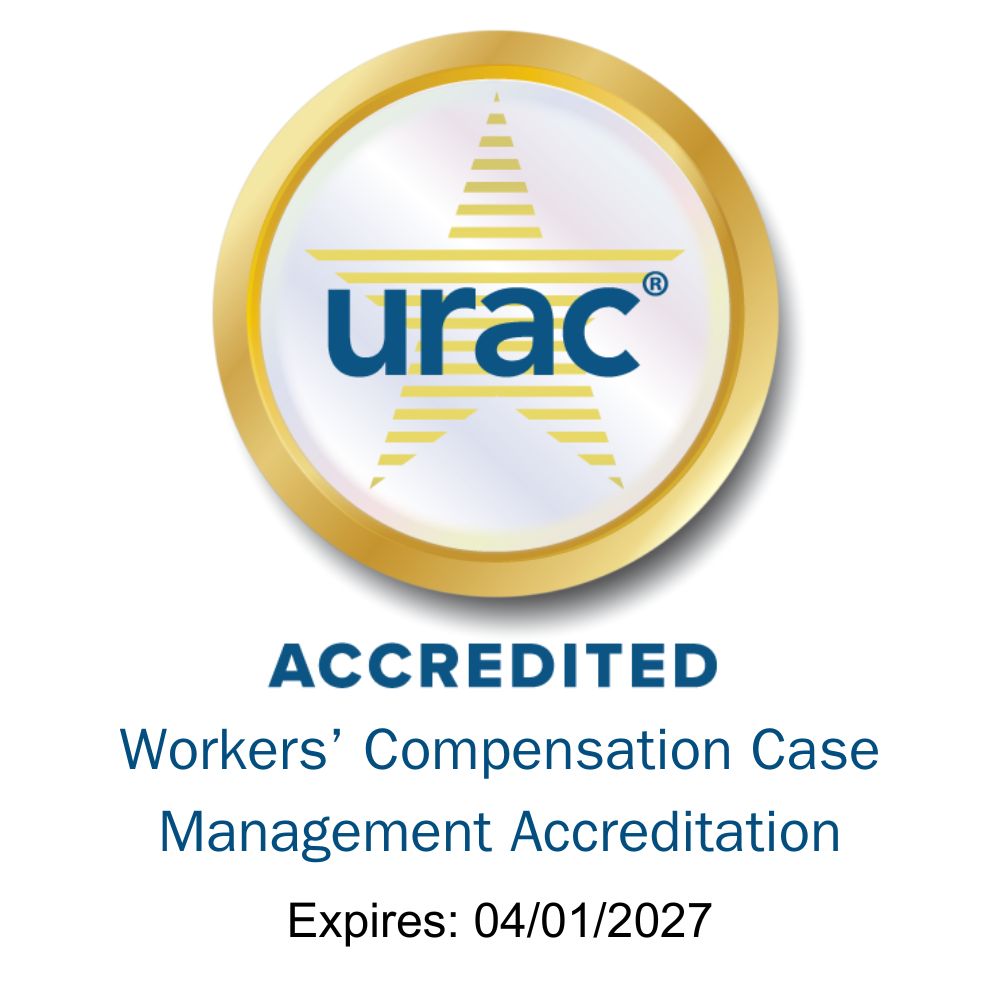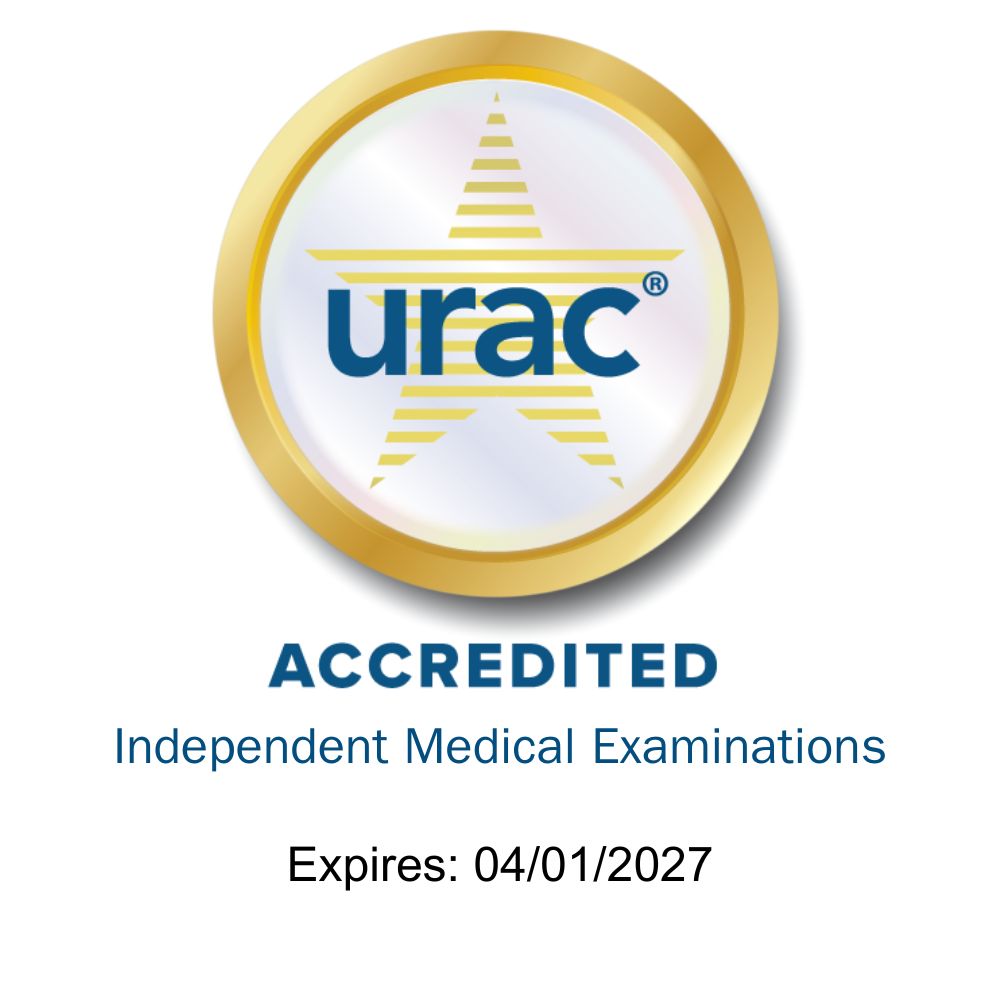Nurse Triage guides injured employees to the right care at the right time
How confident are you in driving to a new destination without a navigation system? What roadblocks might you encounter and how would you know if you’re following the safest and quickest route? Would you remember directions someone had given you at a time when you didn’t need them?
I’m venturing to guess many of us would feel apprehensive about partaking in a journey without guidance, and that’s how most employees feel after sustaining a workplace injury. They’re navigating without a compass, unsure how to report it, who to notify, whether they need treatment and, if they do, where to go to receive it.
The best workers’ comp programs offer employers the ability to provide a professional guide to employees at the time of injury. Much like a navigation system helps drivers, nurse triage programs are designed to guide employees to choose the right level of care for their specific injury.
Establishing Trust
The Workers Compensation Research Institute identified trust in the work relationship as a critical variable in predicting return-to-work outcomes. When a workplace injury occurs, employees need to trust their employer will do right by them. That trust extends to those assigned to manage these injuries, including treating providers, insurance companies and third-party administrators. If trust isn’t established at the onset, the injured employee’s recovery can easily veer off course.
One way employers can demonstrate trust at the time of injury is providing employees access to an expert in managing health — a nurse. Year after year, nurses have topped Gallup's honesty and ethics list for most-trusted professions. This makes nurses the ideal point of contact when an injury occurs.
Without access to this trusted resource, injured employees often must rely on a frontline supervisor to determine how to proceed with treatment. Oftentimes, they’ll be instructed to go to an emergency room or an urgent care clinic. In some cases, the injured employee might see his or her own personal physician. The consequences of such scenarios can result in over- or under-treatment and unnecessary costs.
In comparison, a nurse triage program ensures the injured employee receives timely, clinically sound treatment recommendations. After an injury occurs, a call is made to a toll-free number staffed around the clock by registered nurses who can assess the employee’s injury. Depending on employee demographics, it can be useful to have access to bilingual nurses on staff and/or interpreters for non-English-speaking callers, as well as access to relay services for employees with hearing impairments, as part of the standard service.
Empowering Employees
Armed with clinical knowledge and evidence-based triage guidelines, the nurse helps the injured employee make an informed decision about the most appropriate level of care or care setting.
Depending on the nature of the injury, options might range from simple first aid or self-care instructions to having the injury seen by a health care provider. In a surprising number of cases, self-care is often the most appropriate choice. According to the Wellness Council of America, 70 percent of all doctor’s office visits are unnecessary, and 66 percent of all ER visits are non-emergencies. The total cost of unnecessary emergency room visits is just under $14 billion annually. Nurse triage programs used in workers’ comp have demonstrated that nearly half of all callers are likely to opt for self-care rather than seeking out medical care in an emergency room or with a physician.
When the employee chooses self-care, the nurse provides specific instructions and a follow-up call or text to ensure the condition is improving. Or, if treatment is indicated, the injured employee can be referred (if jurisdictionally allowed), to a preferred provider in the employer’s workers’ comp network. This ensures the employee will be seen by a credentialed provider experienced in the treatment of work-related injuries.
Reaching Healthy Destinations
Nurse triage at the time of injury can go a long way toward building trust and positioning care in a positive direction, often preventing the incident from becoming an actual claim. Employers who want to further nurture trust may choose to extend care beyond nurse triage and engage a case manager, who can coordinate with the treating provider and follow up on return-to-work plans.
Employers who have implemented nurse triage programs have seen significant decreases in the number of medical and indemnity claims and in workers’ comp-related medical costs. In essence, they are giving their employees a clear roadmap to help point them toward desirable outcomes for all involved.
Tammy Bradly is Sr. Director Clinical Product Marketing at Enlyte. For more information on how nurse triage programs like Genex’s ClinicalCare24 can help you ensure a healthy workplace, contact her at tlbradly@cvty.us.com or 205-382-7691.







